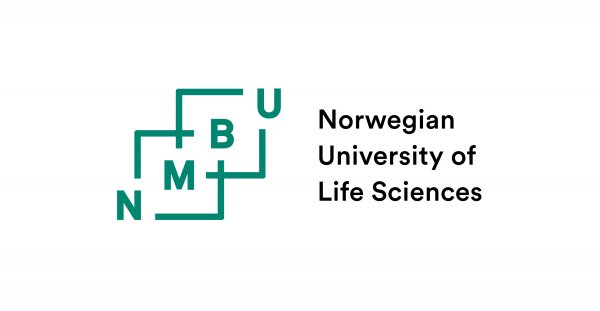Applied Economics and Sustainability
Modern economies are characterized by complexity, interconnectedness, and the exposure to rapid changes, which can originate domestically or internationally. Decision- and policymakers in both the private and public sectors require an ever-greater information and data base to assist them in responding to the challenges and opportunities that confront them. The theoretical and methodological foundation of an economist equips them to address real-world problems. The master’s program in Applied Economics and Sustainability provides comprehensive training in economic theory and quantitative analysis, and exposes the student to topics in sustainability, approaches, and methods that enable them to conduct economic and/or market analysis at the macroeconomic, sectoral and the firm or household level. The program also qualifies candidates for further studies at the doctoral level.
Entry requirements
Higher Education Entrance Qualification and a completed bachelor’s degree comparable to a Norwegian bachelor’s degree including a specialization worth 80 ECTS. There is a minimum grade requirement of C. Documented proficiency in English in accordance with NMBU regulations.
Bachelor's degree in economics or other relevant fields. The degree should include courses in mathematics and statistics and intermediate level courses in micro- and macroeconomics.
Entry requirements
Higher Education Entrance Qualification and a completed bachelor’s degree comparable to a Norwegian bachelor’s degree including a specialization worth 80 ECTS. There is a minimum grade requirement of C. Documented proficiency in English in accordance with NMBU regulations.
Bachelor's degree in economics or other relevant fields. The degree should include courses in mathematics and statistics and intermediate level courses in micro- and macroeconomics.
